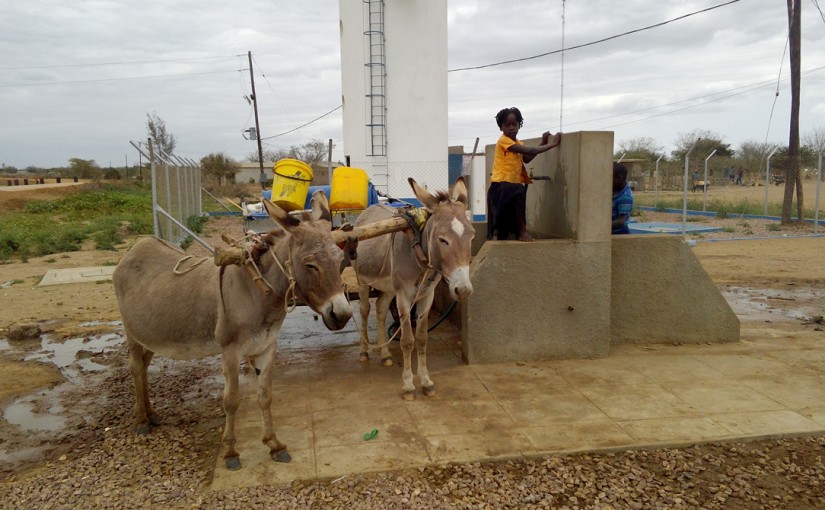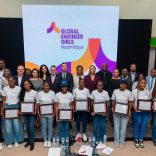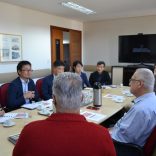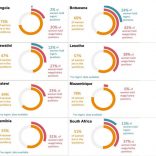Adapting to climate change, opportunities for young people and cultural exchange: German ...
National Rural Water Supply and Sanitation Programme has benefitted nine million Mozambicans

Since it was launched in 2010, the National Rural Water Supply and Sanitation Programme (PRONASAR) has benefitted about nine million Mozambicans, by improving the water and sanitation conditions in rural communities, according to the Minister of Public Works, Carlos Bonete.
He was speaking on Wednesday in Maputo, at the opening of a seminar to launch the 2017-2030 phase of PRONASAR, under the theme “Sharing Experiences on Water Supply, Sanitation and Hygiene, in the Rural Areas of Mozambique”.
Bonete said that to date PRONASAR has installed over 11,000 water sources and 30 small scale water systems across the country. During the six years of implementation, the rural communities have been involved in identifying appropriate solutions and in maintaining the facilities provided.
“We are following the right approaches”, said the Minister, “although they may need some updating, and possibly some specific corrections”.
He noted that, by the cut-off date of 2015 for implementation of the Millennium Development Goals (MDGs), Mozambique had not fully complied with the MDGs concerning water and sanitation. The key MDG target in this area was to halve, between 1990 and 2015 the proportion of the population without sustainable access to safe drinking water and basic sanitation.
Bonete said the country needs an accelerated and coordinated effort to meet the water supply and sanitation goals, with the support of its cooperation partners. PRONASAR is implemented as a joint effort between the government, its partners, NGOs, private business and the communities themselves.
The MGGs have now been supplanted by the Sustainable Development Goals (SDGs), adopted by the United Nations in 2015. These goals are more ambitious and they include access to clean water and decent sanitation for all by 2030.
Bonete said that, as a stepping stone to the SDG targets, there are intermediate goals, summarized as ensuring 50 per cent sanitation coverage and 75 per cent clean water coverage in the rural areas.
The minister argued that challenges linked to new technologies provide opportunities for the private sector, while rural communities are increasingly aware of the need to accommodate the costs which improved water supply demands.
During PRONASAR implementation, he continued, technological options have been tested to deal with the impact of climate change, including the transformation of boreholes equipped with hand pumps into mini-systems run on solar panels and submersible pumps.
For arid areas, desalination techniques are required, Bonete said, which must be improved to meet the needs imposed by climate change.
“Today, water supply in rural areas is not limited just to the use of hand pumps”, he said. “The government, continuing to count on the indispensable support of its partners, believes in this programme as a collective mechanism for meeting the goals of the fight against poverty”.












Leave a Reply
Be the First to Comment!
You must be logged in to post a comment.
You must be logged in to post a comment.